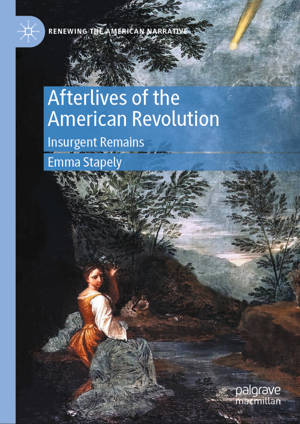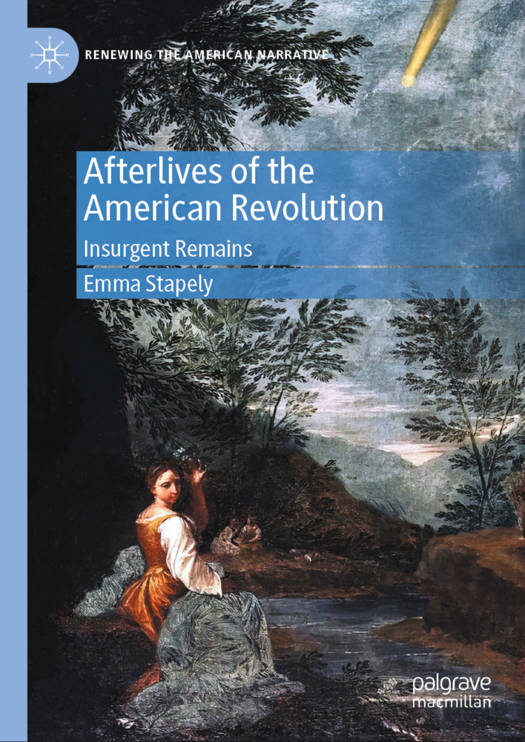
- Retrait gratuit dans votre magasin Club
- 7.000.000 titres dans notre catalogue
- Payer en toute sécurité
- Toujours un magasin près de chez vous
- Retrait gratuit dans votre magasin Club
- 7.000.0000 titres dans notre catalogue
- Payer en toute sécurité
- Toujours un magasin près de chez vous
Description
This book challenges the historical common sense that the American Revolution terminated in the birth of the United States. Prevailing narratives of the Revolutionary period rest on the assumption that the war ended with the Treaty of Paris in 1783. Yet from London to Philadelphia, and from the Six Nations' trans-Appalachian homelands to the shores of Sierra Leone, the decades after the treaty's signing roil with accounts that disturb the coherence of this chronological division. Insurgent Remains assembles a counter-archive of textual and visual materials--ranging from popular seduction tales and political cartoons to the writings of self-liberated African Americans--that furnishes alternative visions of revolutionary historical experience as an ongoing negotiation with violence and contingency. The book argues that the minor temporalities and political literacies registered in this archive cannot be accommodated by the progressive plot of nationalist history, in which the warfigures as a contest of only two sides (Tory/Whig, British/American, Loyalist/Patriot). Instead, they become legible as "remains" traces of attachments, modes of collective association, and unresolved struggles that bear insurgent political potential in their own right.
Spécifications
Parties prenantes
- Auteur(s) :
- Editeur:
Contenu
- Nombre de pages :
- 254
- Langue:
- Anglais
- Collection :
Caractéristiques
- EAN:
- 9783031515439
- Date de parution :
- 01-03-24
- Format:
- Livre relié
- Format numérique:
- Genaaid
- Dimensions :
- 148 mm x 210 mm
- Poids :
- 471 g

Les avis
Nous publions uniquement les avis qui respectent les conditions requises. Consultez nos conditions pour les avis.






